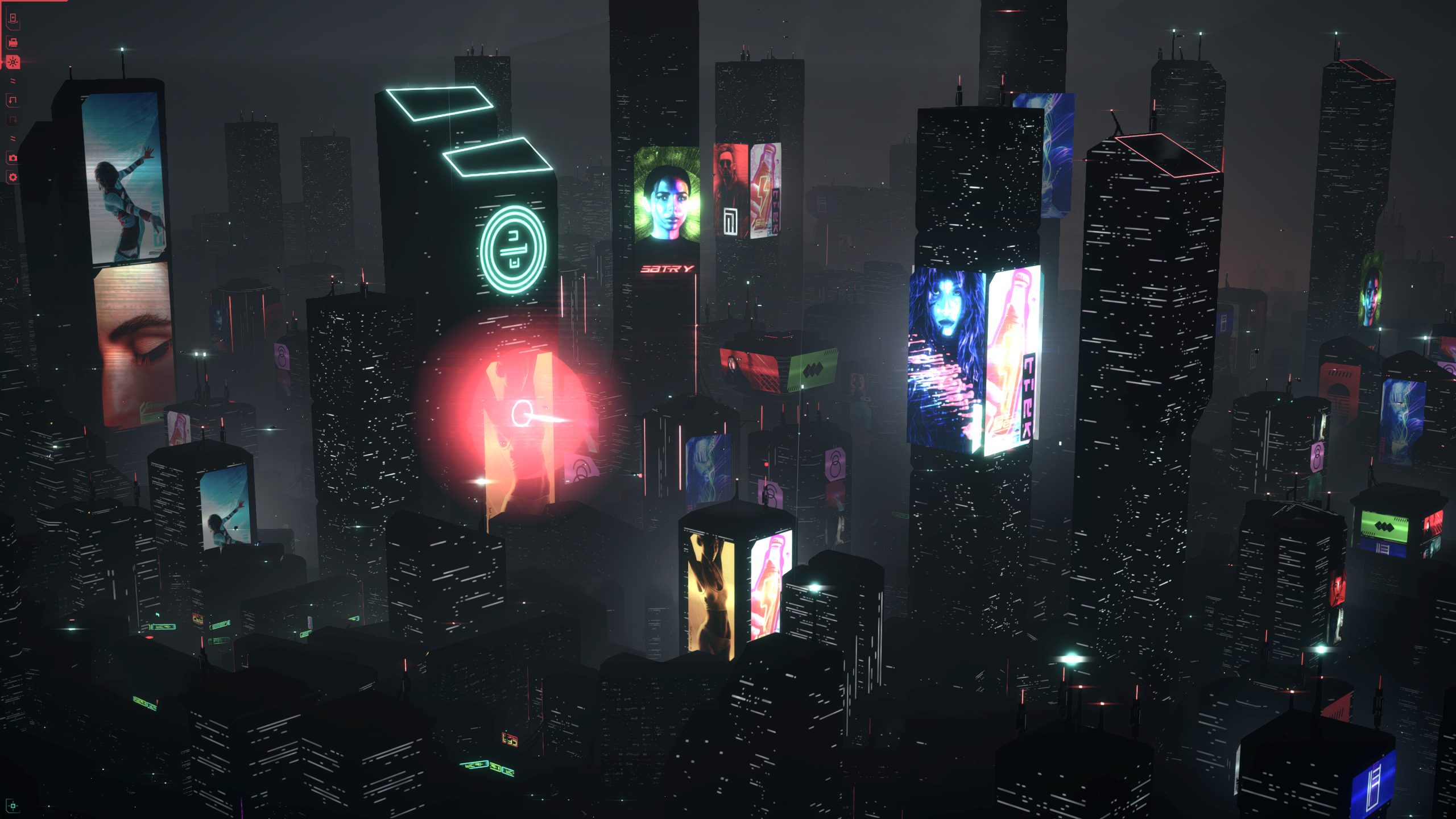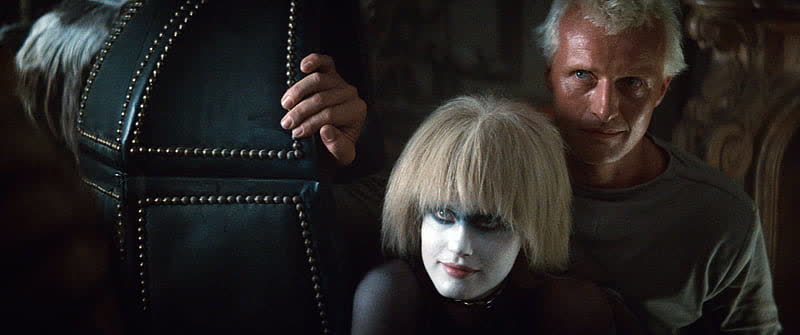Get the latest tech news
Blade Runner
has set me thinking about the notion of a “critical consensus.” Why should we have such a thing at all, and why should it change over time? Ridley Scott’s 1982 film Blade Runner is an adaptation of Philip K. Dick’s 1968 novel Do Androids Dream of Electric Sheep?, about a police officer cum bounty hunter — a “blade runner” in street slang — of a dystopian near-future whose job is to “retire” android “replicants” of humans whose existence on Earth is illegal.
When it was finally finished, the first test audiences were decidedly underwhelmed, such that Scott’s backers demanded that the film be recut, with the addition of a slightly hammy expository voice-over and a cheesy happy-ending epilogue which was cobbled together quickly using leftover footage from, of all movies, Stanley Kubrick’s The Shining. I didn’t appreciate the predictable story, the standard characters, the cliffhanging clichés… but I do think the special effects make Blade Runner worth going to see.” Pauline Kael was less forgiving of what she saw as a cold, formless, ultimately pointless movie: “If anybody comes around with a test to detect humanoids, maybe Ridley Scott and his associates should hide. To establish which is which, blade runners like Deckard use something called the Voight-Kampff test, in which suspects are hooked up to a polygraph-like machine which measures their emotional response to shockingly transgressive statements, starting with stuff like “my briefcase is made out of supple human-baby skin” and getting steadily worse from there.
Or read this on Hacker News
